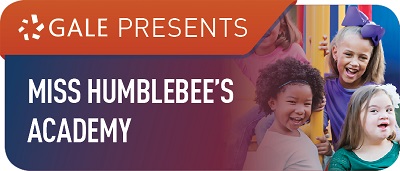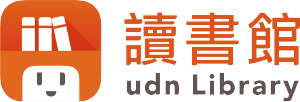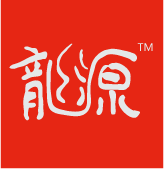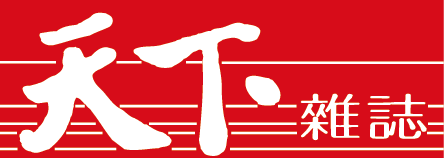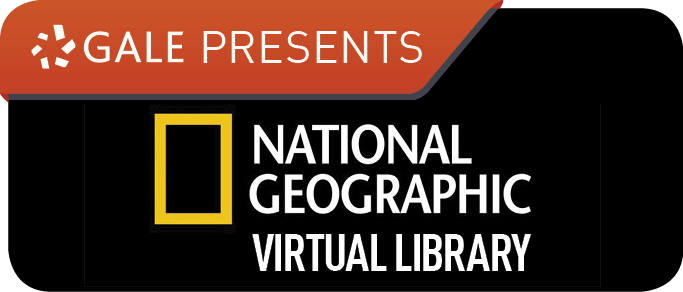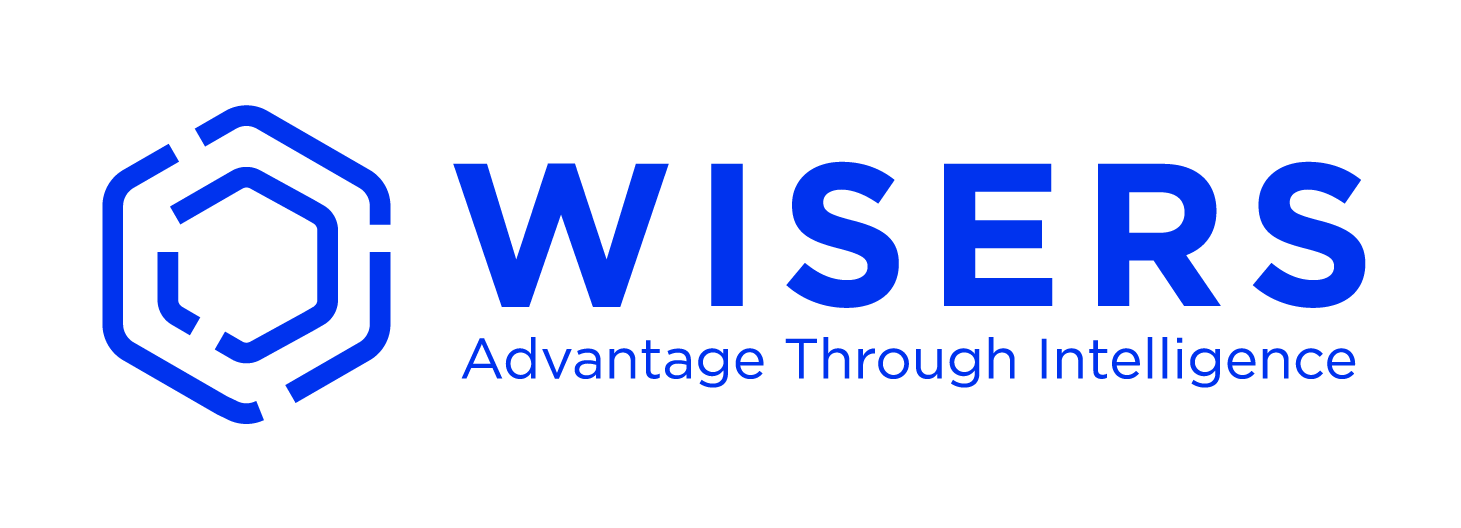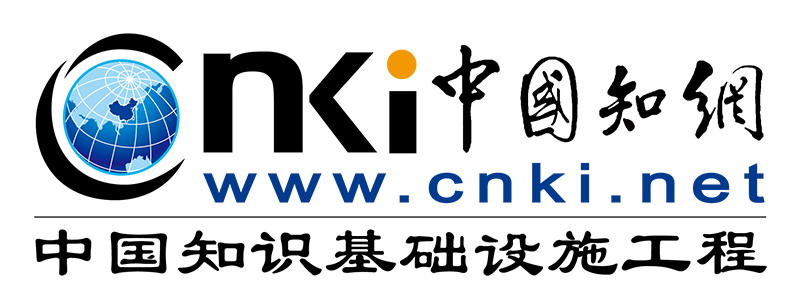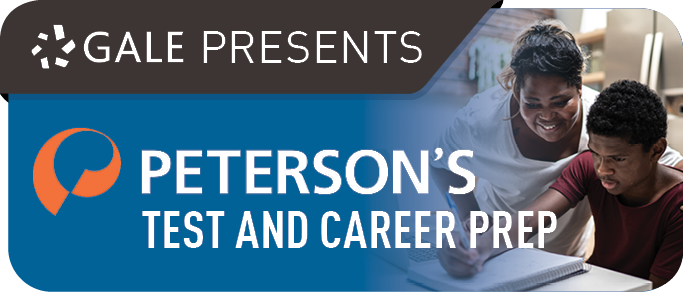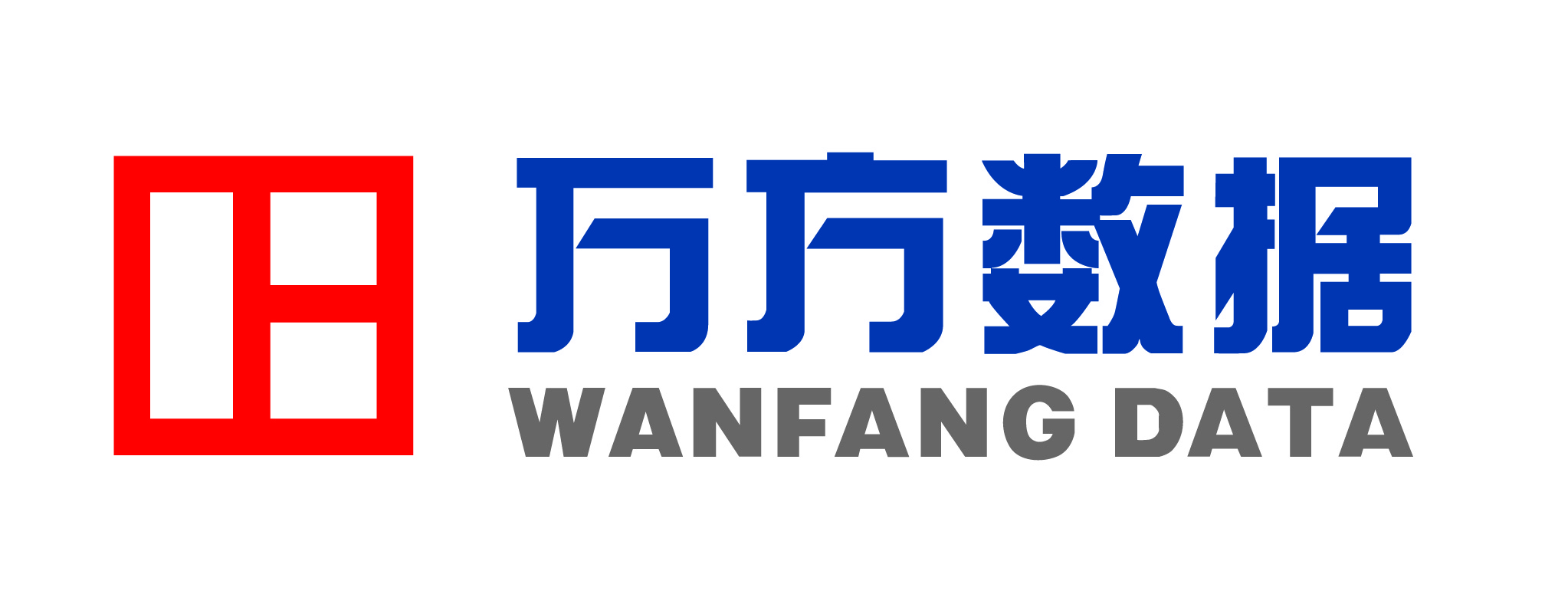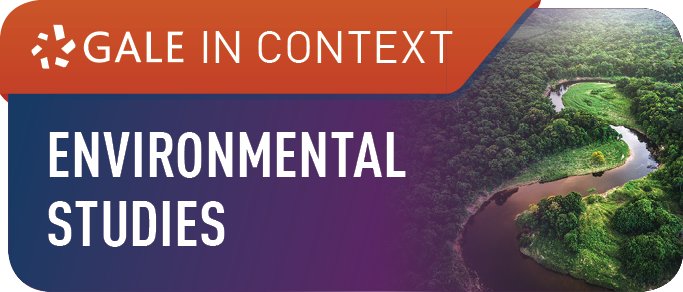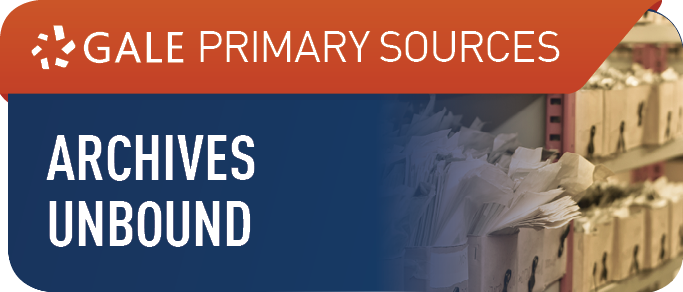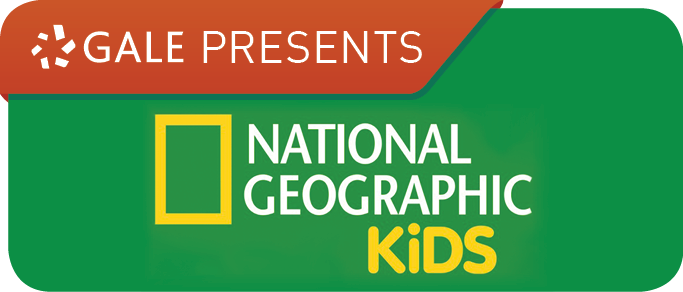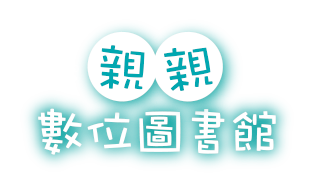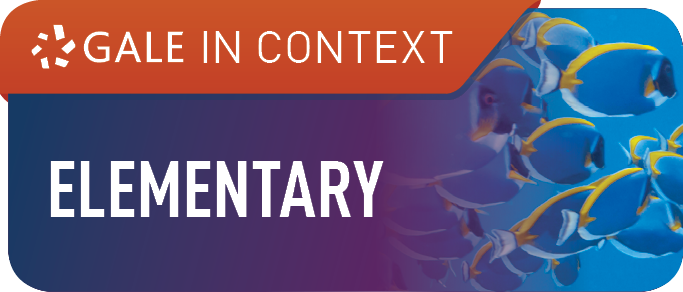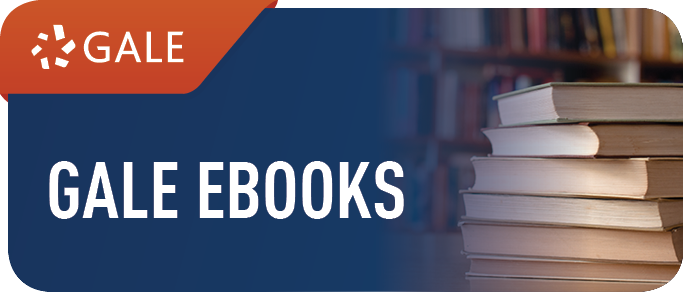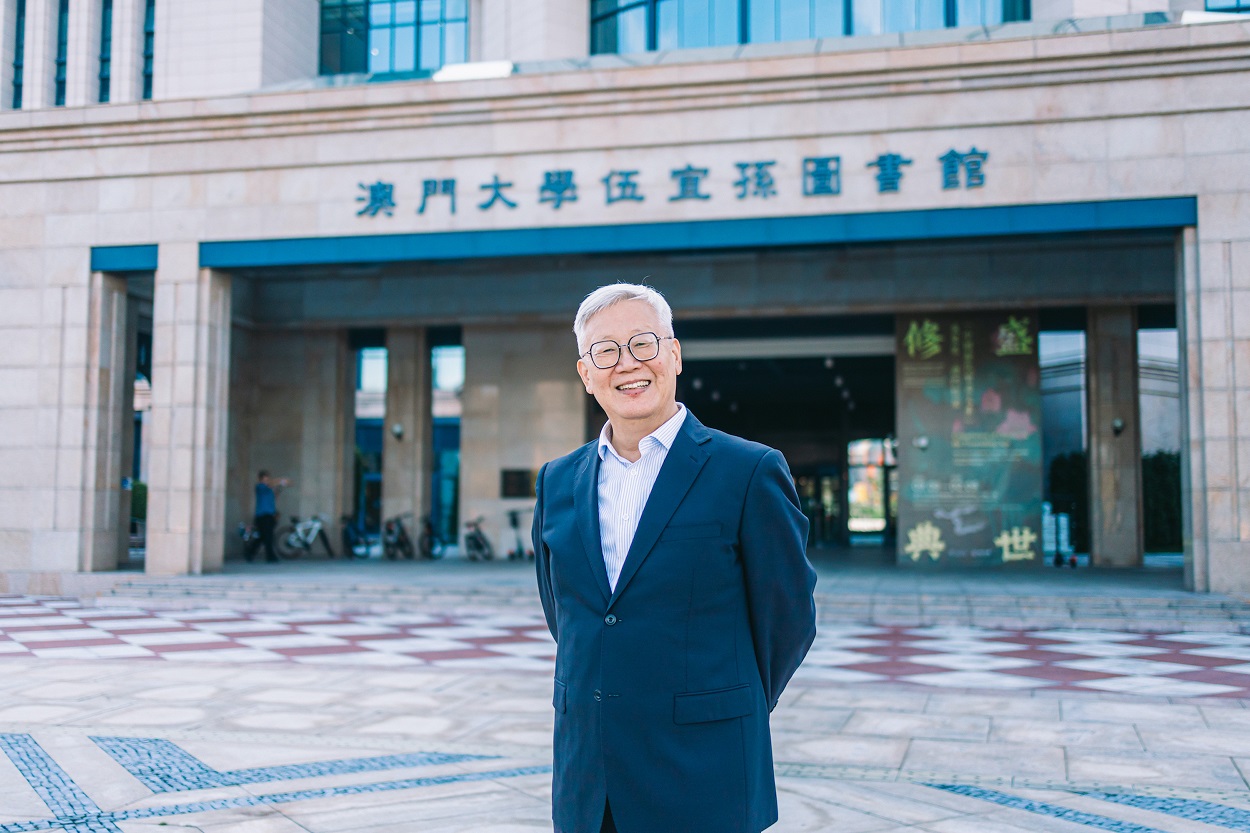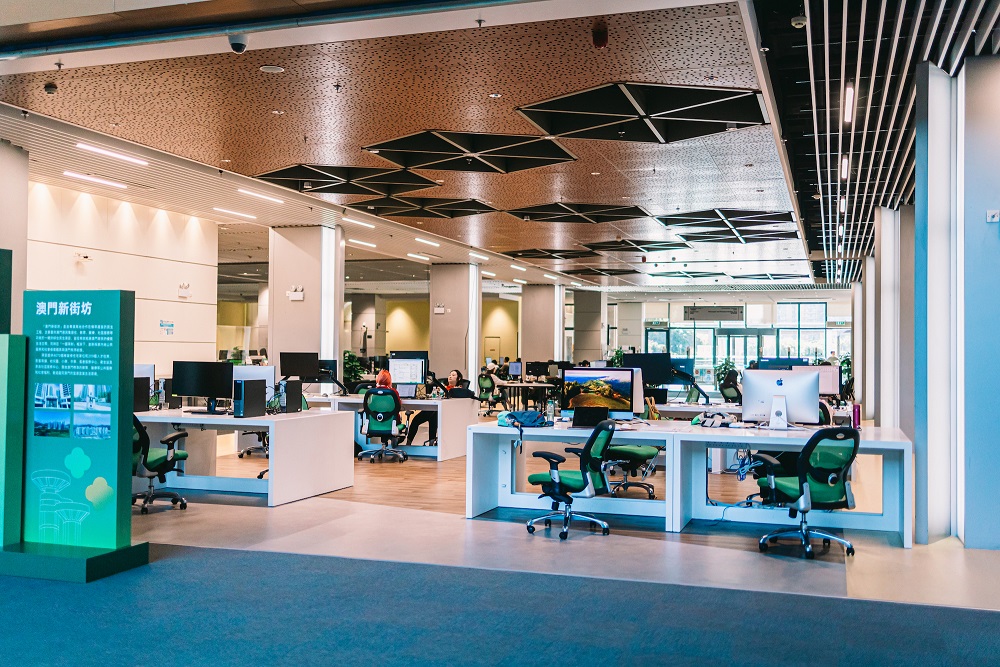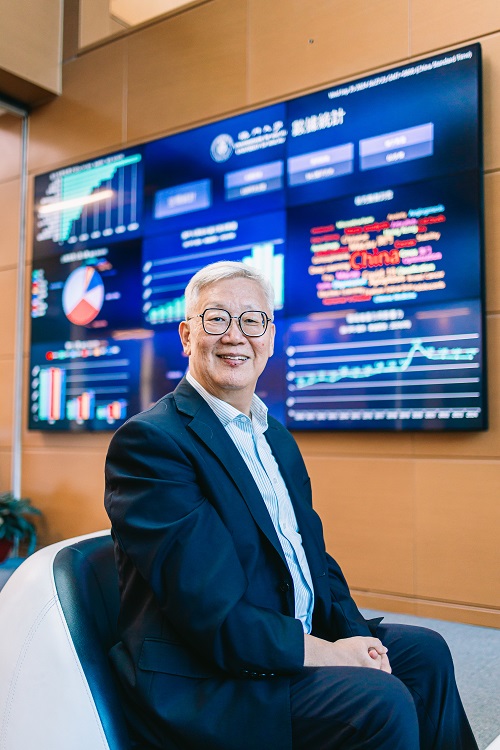Domi Ou
A working mom who is committed to parent-child reading
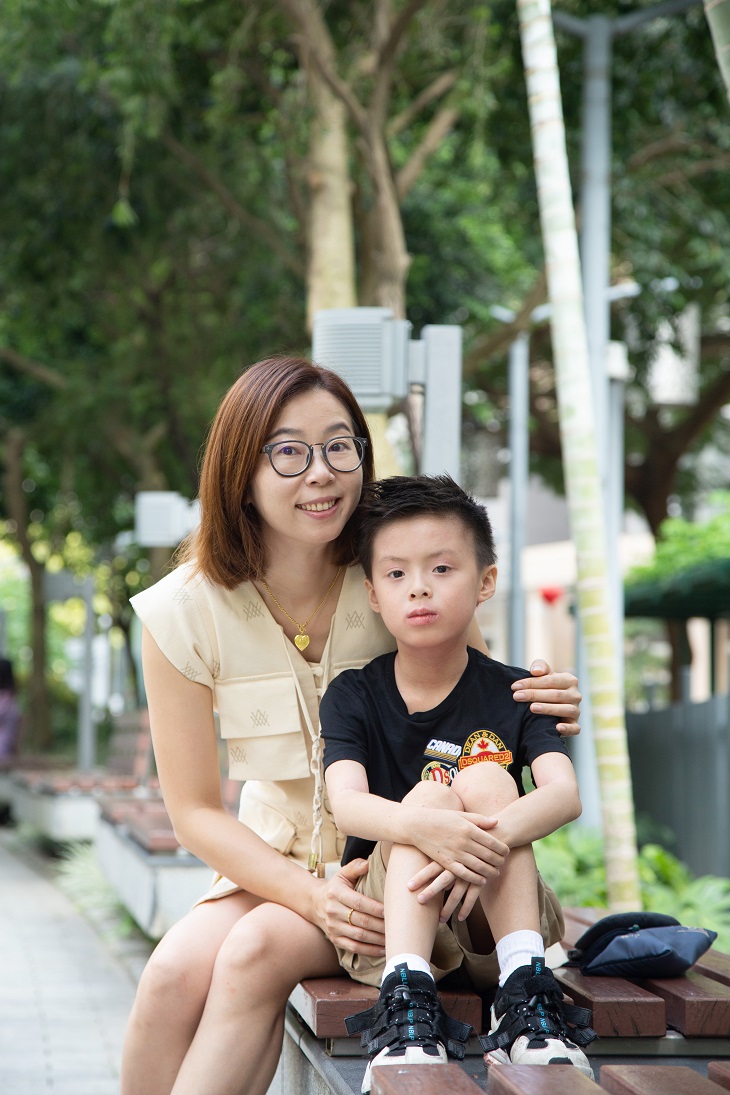
Using a computer or mobile device for learning is an indispensable method for children. My son spends four days a week engaging with electronic resources. Since he frequently interacts with electronic learning materials during study time, we prefer to choose screen-free audiobooks during his breaks, allowing him to enjoy listening to various captivating stories.
The Public Library’s “Jinfm” is our most frequently used platform. Through the expressive narrations, it sparks my son’s imagination. He often shares the scenes he envisions with me, and I believe this transformation of knowledge can enhance his comprehension and memory. Additionally, “National Geographic Kids” is another platform we love to use, as it offers a wealth of knowledge in natural sciences along with various short videos that allow children to fully immerse themselves in their learning about the natural science.
Kitty Leung
E-book reader, moderator of the e-book reading exchange group on social media in Macao, Macao writer
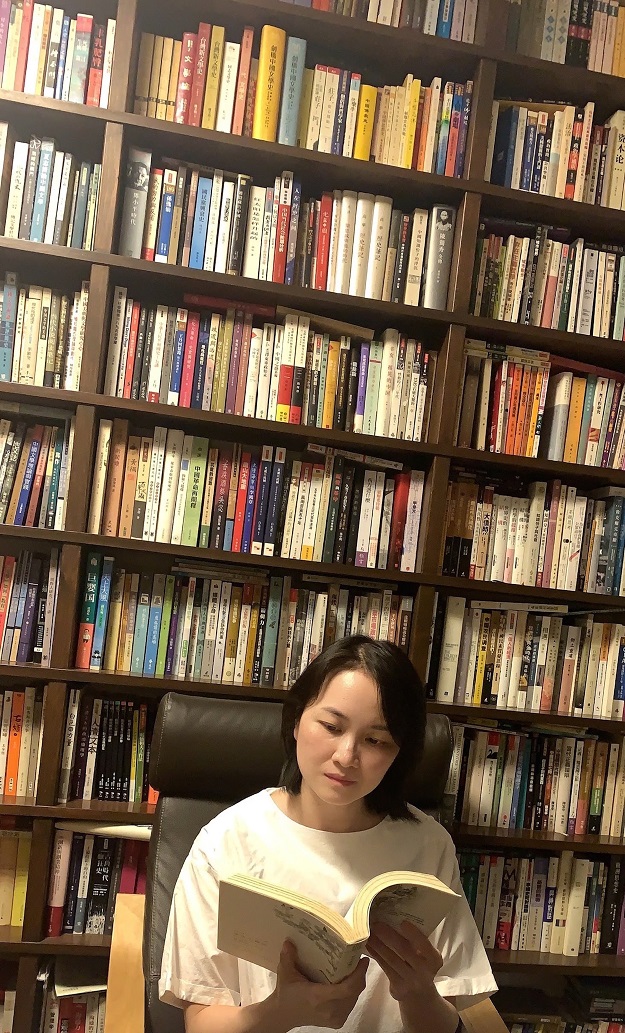
I began reading e-books in 2013, primarily focusing on novels. After purchasing an open-format e-reader, I discovered that I could borrow various e-books for free from the library’s digital platform, which greatly increased my reading volume. E-books have allowed me to explore different types of books, such as self-help and business finance, and some books on soul studies have even changed my outlook on life.
E-book reading is still niche in Macao, so I created an e-book reading exchange group on social media hoping to enable more people learn about its convenience, which could help better promote reading. I believe that people of any age can develop a reading habit, and whether it is with paper books or e-books, both can open up a new world.
Ishtar Chan
Doctoral student, event producer and director, novelist

Whether for students or working professionals, accessing the latest information is crucial, and consulting electronic resources is undoubtedly an efficient approach. When conducting professional research, I primarily use the electronic resources available on campus, while the free resources from the Public Library serve as a supplementary option.
The “Harvard Business Review (Chinese Version)” is an electronic resource platform of the Public Library that I frequently use. It houses a wealth of articles on international economics and academia. For me, this not only helps to gain insights into global business trends but also broadens my perspectives in professional research and career development. Additionally, the Public Library’s electronic databases include academic journals and research papers from Mainland China, providing convenience for my research and teaching, especially when it comes to converting specialised terminology between Chinese and English.





